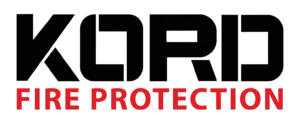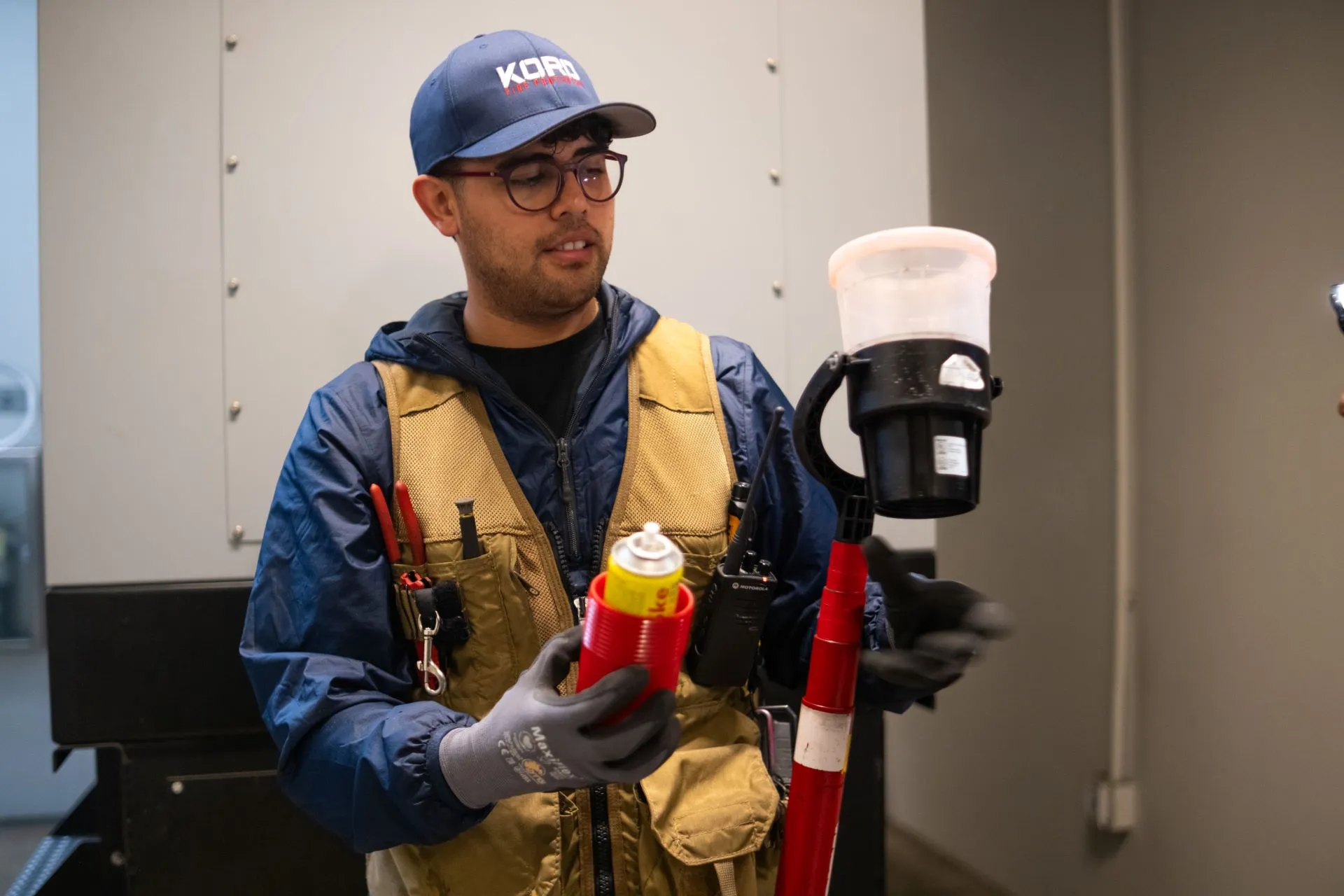

CO Detection Systems Test
Carbon Monoxide Detection System Service
Carbon monoxide (CO) is a dangerous gas that cannot be sensed by sight or smell. However, as many appliances produce CO as a byproduct, detectors are a must for most buildings, including residences.CO Detection Systems Test can save lives, pure and simple. So long as they are functioning as the manufacturer intended. For that reason, regular testing and maintenance are required to ensure the devices are operating correctly.
The National Fire Protection Association’s standard (NFPA 72) for such devices provides thorough base guidelines for maintaining and testing CO detection systems. There is a lot to know, but our highly-trained technicians have served Los Angeles and the greater Southern California area for over 20 years. Our team is experienced and passionate about keeping you NFPA 72-compliant and, of course, safe.


Ensure Your Safety With CO Detection Systems Test
Protect your home, commercial space, industrial facility, or government building from the dangers of carbon monoxide. Schedule your carbon monoxide detection services today to ensure a safe environment for everyone. Contact us now to book your appointment!
Carbon Monoxide Detection System Services
Ensure the safety of your premises with our comprehensive Carbon Monoxide Detection System Services. From installation to regular testing and maintenance, we prioritize your safety and compliance with the highest standards. Trust us to protect your environment against the dangers of CO emissions effectively.
Carbon Monoxide Detection System Installation
Any building with potential carbon monoxide sources requires a detector, including residences, restaurants, warehouses, firehouses, schools, and more. Protecting places where people sleep is especially crucial.
Carbon Monoxide Detector Testing
NFPA 72 calls for regular testing and inspection of carbon monoxide system detectors. CO Detection Systems Test should be tested both initially and annually by introducing carbon monoxide into the sensing chamber or element.
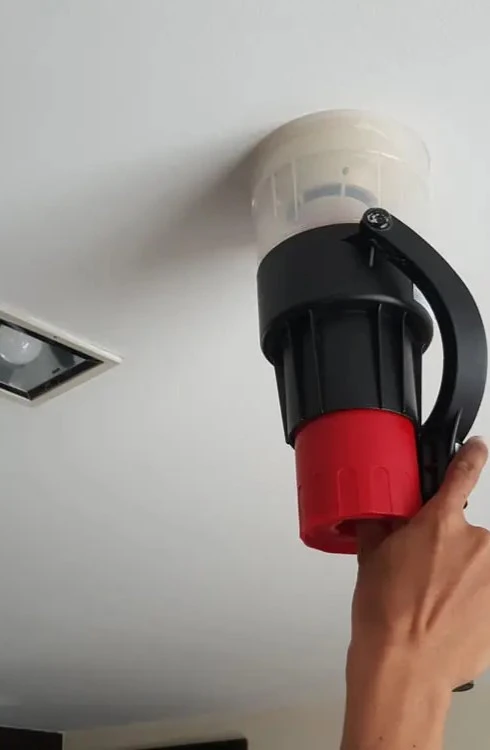

What Does NFPA 72 Mean By Qualified Service Personnel?
According to NFPA 72, qualified personnel should be able to provide one or more of the following documentation: registration, licensing, or certification by a state or local authority, certification by an organization acceptable to the authority in that jurisdiction, and/or a manufacturer’s certification for the specific brand and type of system.
How Often Should Carbon Monoxide Systems Be Tested?
NFPA 72 calls for the regular testing of carbon monoxide system detectors, including initial and annual testing. Equipment inaccessible for safety reasons can be tested during scheduled shutdown. However, these intervals should not exceed 18 months. In the case of household carbon monoxide detection systems, NFPA 72 states that systems should be tested by a qualified service technician at least every three years. Additionally, NFPA 72 states that visual inspections of system detectors should take place semi-annually.
Some CO Detection System FAQs
What appliances produce carbon monoxide?
While this is not an exhaustive list. Some common machines and appliances that produce CO include (but are not limited to) automobiles, furnaces, dryers, generators, grills, fireplaces, ovens, and water heaters.
Who is responsible for the inspection, testing, and maintenance of CO detection systems?
Qualified personnel should be tasked with the actual testing of CO detection systems. Property owners should have detailed notes of when testing has taken place and the results of such testing.
What are the signs that indicate a CO detector needs testing or maintenance?
Signs that indicate a CO detector needs testing or maintenance include consistent beeping or chirping, suggesting low battery or sensor issues. Regular testing ensures detectors are reliable in detecting potentially dangerous levels of carbon monoxide.
How often should the CO detection system be tested?
You should test your CO Alarm Systems at least once a month. If containing replaceable batteries, replace the batteries every 6 months too. And to replace them, CO systems can be replaced every 5-7 years.
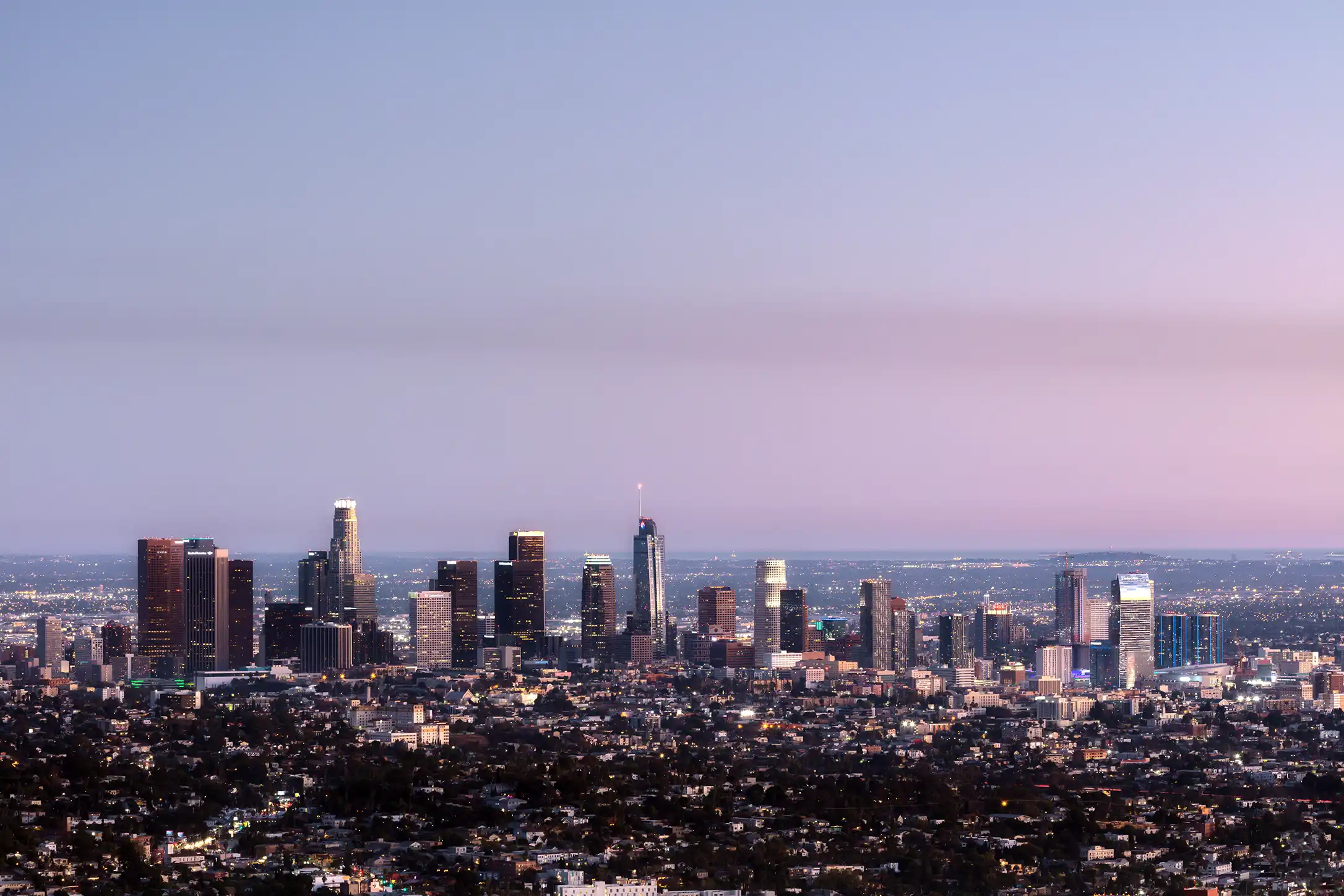

Lets talk now?
Ensuring your building is equipped for safety. CO Detection Systems is crucial for safeguarding your property and the individuals within. Minimize the risk of your carbon monoxide detection systems malfunctioning when most needed.
If you prefer not to submit a form but would rather speak directly with an expert or send an email to discuss carbon monoxide detection, carbon monoxide fire alarms, or your carbon monoxide detection system, please choose one of the options below!
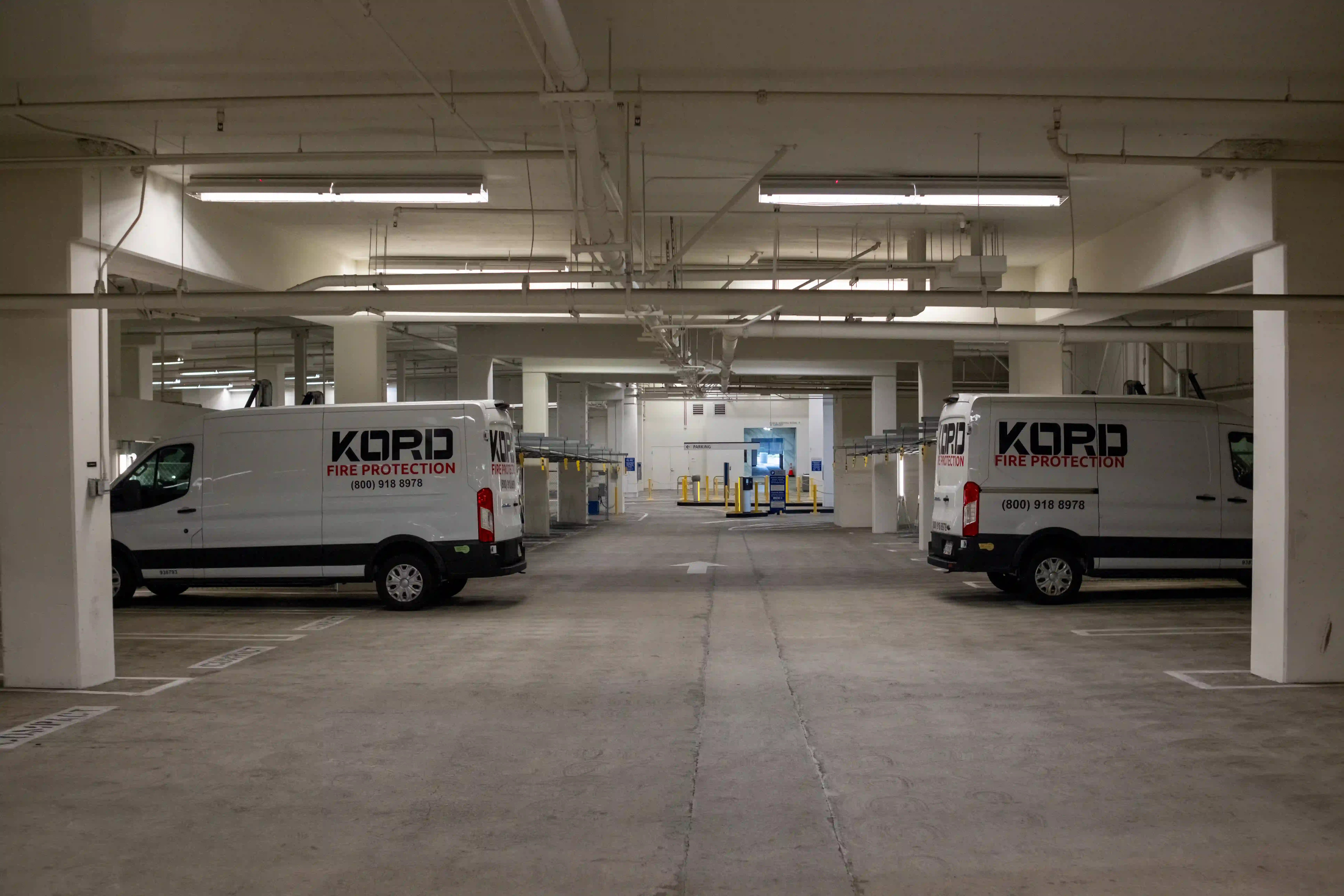

Protect Your Property
Get the latest fire safety tips delivered straight to your inbox.
